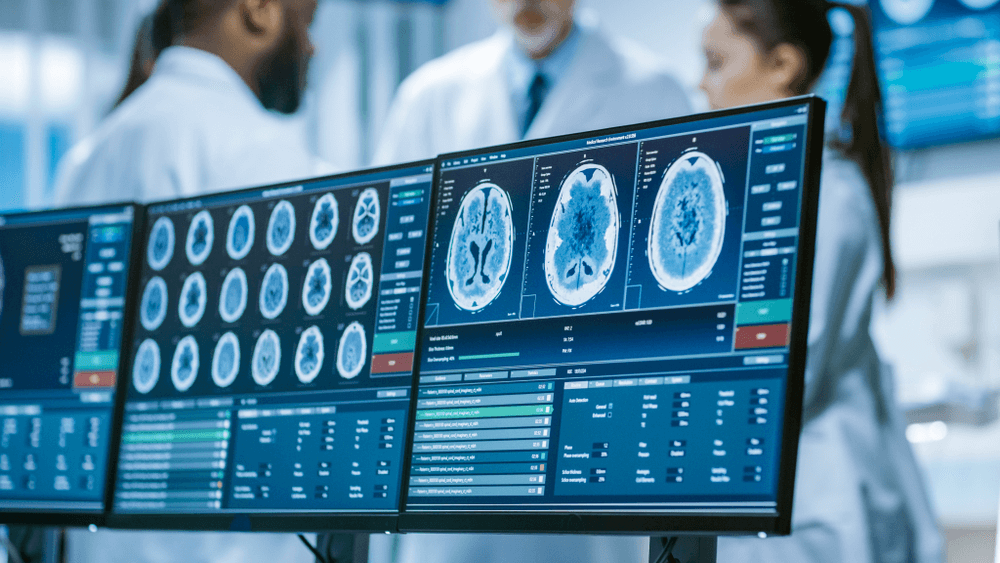
AI-Powered Medical Advancements: Detecting Disease EarlierAI-Powered Medical Advancements: Detecting Disease Earlier Artificial intelligence (AI) is revolutionizing the healthcare industry, empowering medical professionals with powerful tools to detect diseases earlier and improve patient outcomes. Early Disease Detection for Enhanced Precision AI algorithms can analyze vast amounts of medical data, including patient records, genetic information, and medical images. This allows them to identify subtle patterns and anomalies much sooner than traditional methods. For example, AI-powered algorithms have been developed to detect early signs of cancer, heart disease, and neurodegenerative conditions. Automating Medical Imaging Analysis Medical imaging techniques like X-rays, CT scans, and MRIs provide valuable information for diagnosing and monitoring diseases. However, manually interpreting these images can be time-consuming and error-prone. AI-powered systems can automate image analysis, identifying key features, flagging abnormalities, and even providing preliminary diagnoses. Personalized Treatment Planning and Intervention By integrating AI with electronic health records (EHRs), clinicians can gain access to real-time patient data and tailor treatment plans accordingly. AI algorithms can analyze individual genetic profiles, disease risk factors, and previous medical interventions to recommend personalized therapies and preventive measures. Improved Differential Diagnosis AI can assist medical professionals in differential diagnosis, a challenging task where multiple conditions may present with similar symptoms. By synthesizing data from various sources, AI algorithms can generate probable diagnoses and distinguish between conditions with remarkable accuracy. Advantages of AI-Powered Detection * Earlier Intervention: Enables timely detection of diseases, allowing for prompt treatment and improved outcomes. * Reduced Diagnostic Errors: Automates image analysis, minimizing human error and ensuring more accurate diagnoses. * Personalized Care: Provides tailored treatment plans based on individual patient information. * Improved Differential Diagnosis: Facilitates more efficient and accurate diagnosis of complex conditions. * Enhanced Workflow: Streamlines medical imaging analysis and review, freeing up healthcare professionals’ time for patient care. Conclusion AI-powered medical advancements have the potential to transform disease detection, improving patient outcomes and revolutionizing healthcare. By enabling earlier diagnosis, automating medical imaging analysis, and providing personalized treatment recommendations, AI empowers medical professionals with unprecedented precision and efficiency, ultimately leading to better health for all.
Posted inNews